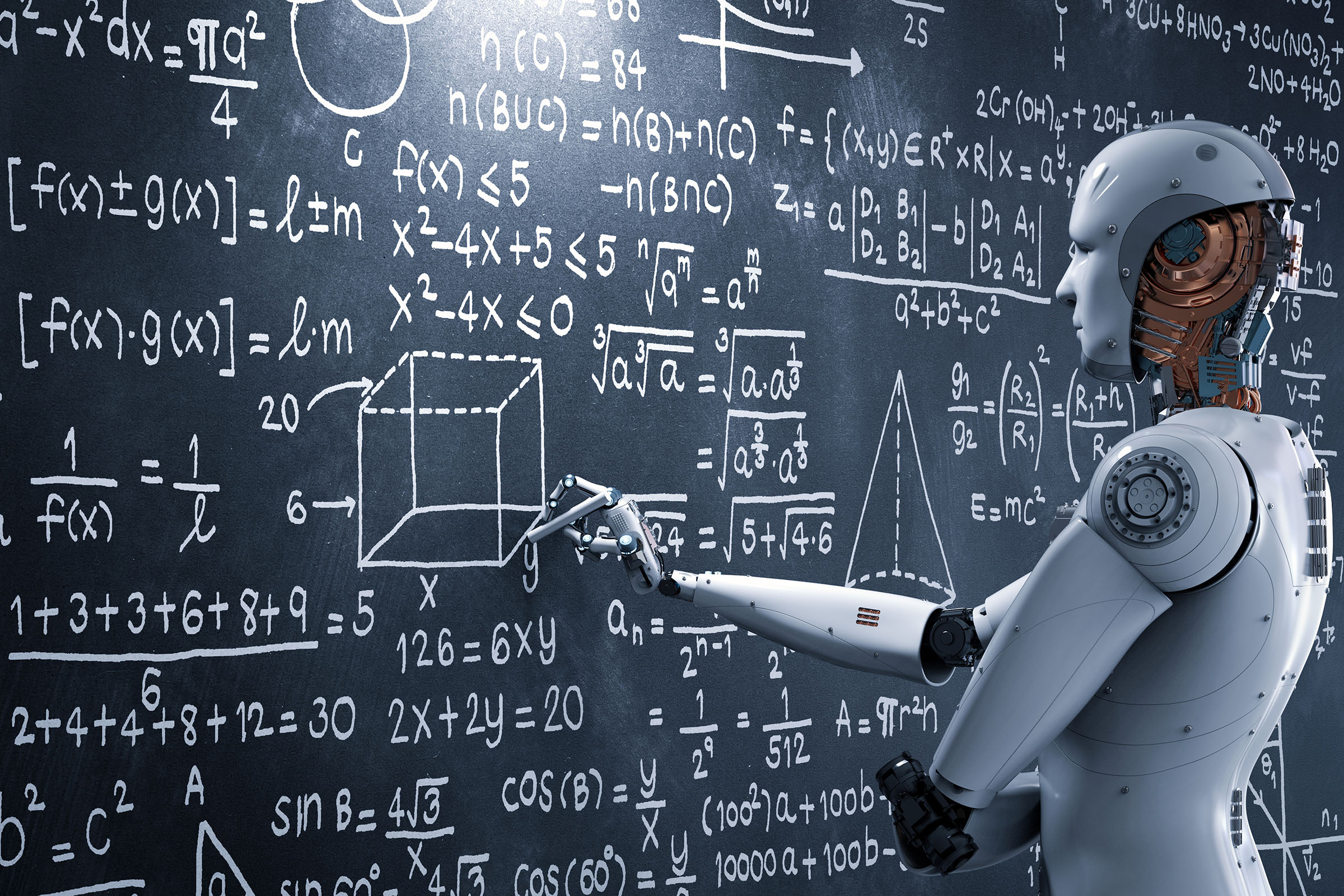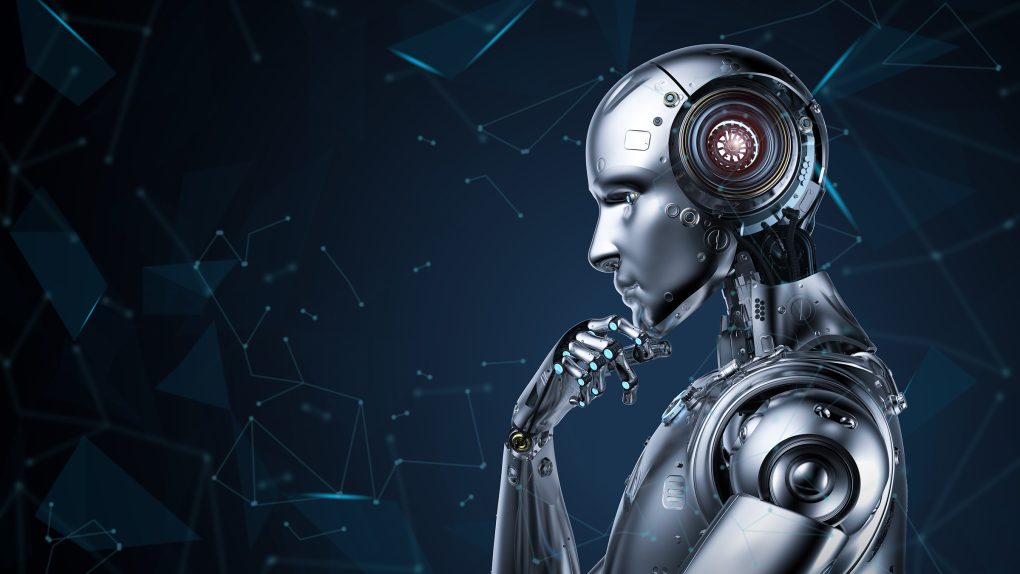Artificial intelligence is progressing at an insane rate — with new models like GPT-4 proving how quickly AI can improve. With this progress have come questions about AI’s threat to human existence. While some believe AI will doom us all, not everyone is ready to buy into the doom and gloom.
The possibility that AI could somehow wipe humanity out isn’t new. We’ve seen it played out time and time again in science fiction books, movies, and television shows. Despite how science fiction it might seem, the progress we’ve seen recently hasn’t stopped many from latching onto the AI threat to human existence.
For many, the belief is simple — if we make AI too smart, it will learn how to become more intelligent, eventually killing all of humanity. Why? Well, because it’s smarter than us, of course. But, one AI researcher isn’t convinced this outcome will happen.

In fact, AI researcher Julian Togelius is so unconvinced about the AI threat to human existence that he compared it to a ridiculous argument that Elden Ring, a video game released in 2022, will exterminate humanity.
It sounds ridiculous, I admit, but Togelius says that the argument for AI’s threat to human existence is just as silly. Of course, it isn’t the same, right? Elden Ring is just a video game — a piece of software. AI is much bigger, right? Not according to Togelius.
“The intuitive response to this is that Elden Ring is ‘not AI’. GPT-4, Stable Diffusion, and AlphaGo are all ‘AI.’ Therefore, they are more dangerous,” he writes in a blog discussing the AI threat to human existence.
“But ‘AI’ is just the name for a field of researchers and the various algorithms they invent and papers and software they publish. We call the field AI because of a workshop in 1956, and because it’s good PR,” he continues in his post.
But Elden Ring can’t modify or spread itself over the internet. So how can it compare to the intelligence of AI? For starters, Togelius says there is currently no AI capable of this. Further, computer viruses — which have been around for decades — can already do all of that.
Sure, computer viruses can cause a lot of trouble, especially if they get into the systems behind large companies. But a computer virus isn’t going to wipe out humanity. As such, saying that the AI threat to human existence is highly likely is just as ridiculous as thinking a computer virus might kill us all.
The critical difference, of course, is the intelligence factor we often portray with AI. However, Togelius says it’s important not to put too much stock on that single word, as it is just one part of the equation. Making something more intelligent doesn’t necessarily make it capable of ruling the world or posing a threat to human existence.
Of course, not all AI researchers agree with Togelius’s argument. Just recently, we saw one of the pioneers of AI admitting that there was a slight chance that the AI threat to human existence could prove true. However, the chance is small, and these are just the personal beliefs of people involved in the field.
Whether or not AI poses a threat to humanity is still a point of contention. Ultimately, what you choose to believe is always up to you. Is AI a threat or a tool? That’s a question we all have to answer for ourselves. For Julian Togelius, there isn’t any reason to fear AI.








